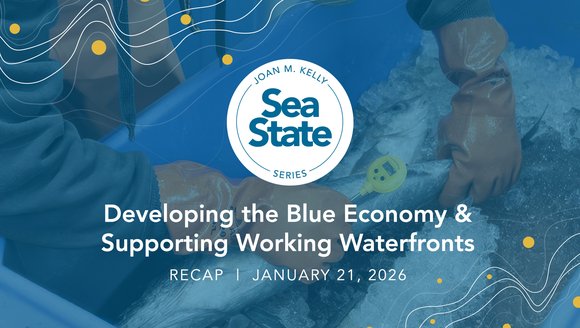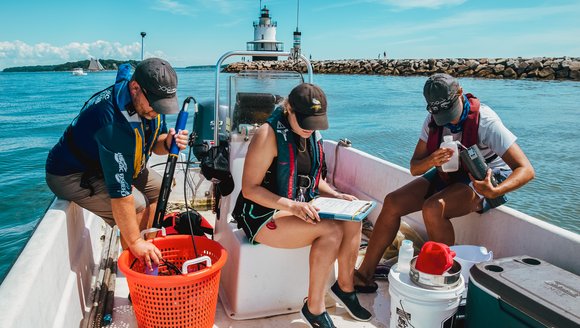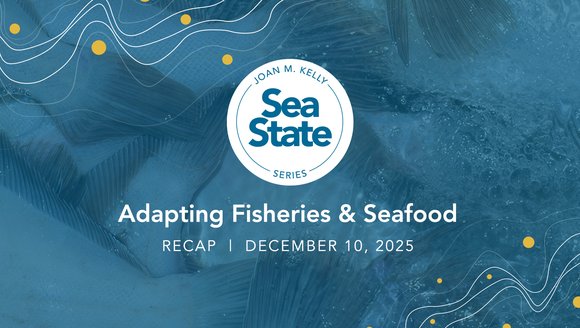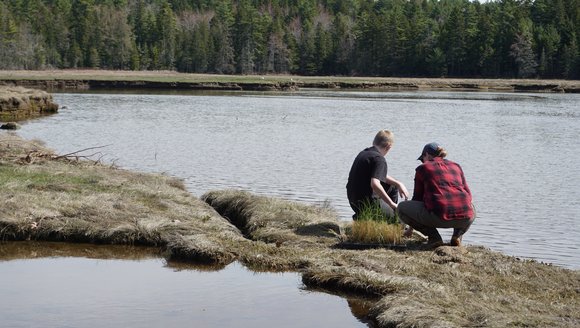Collaborations Fuel Aquaculture Progress
Perspectives | Dec 31, 2019
by Chris Vonderweidt
Aquaculture Program Manager
With support from a wide network of collaborators, our Aquaculture team advanced three important projects this year, including a workforce development strategy, an entrepreneur development program, and a commercial oyster farm partnership.
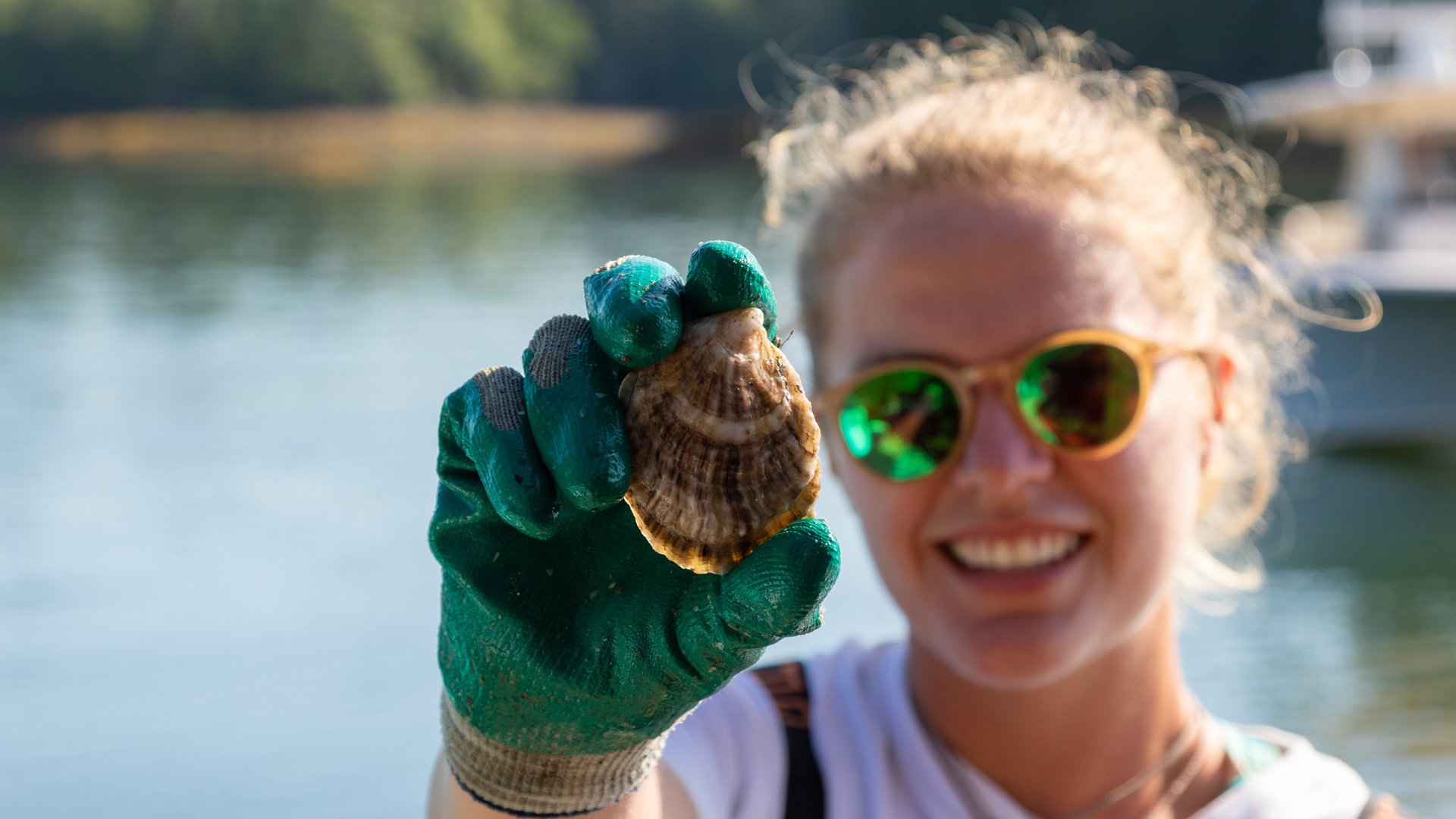
Maine Aquaculture Workforce Development Strategy
In partnership with the Maine Aquaculture Association and Educate Maine and funded through the FocusMaine partnership, the Gulf of Maine Research Institute led development of a strategic roadmap for Maine aquaculture workforce development called the Maine Aquaculture Workforce Development Strategy.
We contracted with a team of four Scottish consulting firms to conduct the analysis, who brought deep international experience and knowledge of aquaculture development and workforce solutions and an objective perspective.
Direct input from Maine’s aquaculture industry — including established and prospective land-based operations, marine producers, service providers, and supply chain companies — formed the base of the analysis. GMRI helped orient the consultants to Maine’s aquaculture industry and education landscape by facilitating one-on-one meetings, co-developing surveys, and conducting interviews.
The consultants interviewed or surveyed 62 businesses, including 15 meetings. In addition, the consultants met with representatives of 17 of Maine’s education or training institutions and surveyed another 33. The GMRI project team also convened a steering committee of 30 representatives from various Maine education and training institutions, who provided critical feedback throughout the project.
The final strategy document, which outlines a path for leveraging existing resources in Maine and anticipating how workforce needs will change as the industry develops over time, will be public in late 2020.
Aquaculture Accelerator
Through the FocusMaine partnership, GMRI has again partnered with the Maine Center for Entrepreneurs (MCE) and Maine Aquaculture Association (MAA) to develop and administer an intensive 15-week aquaculture-themed entrepreneur development program to further our shared goal of creating aquaculture jobs in Maine.
The program, called Aquaculture Top Gun 2020, is adapted from the core curriculum of MCE’s established Top Gun entrepreneur development program, which teaches business fundamentals and provides one-on-one mentoring to early-phase businesses. This new model for sector-specific Top Gun programs stems from our highly successful prototype Aquaculture Top Gun program in 2018.
In fall 2019, the program development team met regularly to tailor the Top Gun core curriculum to the unique challenges faced by aquaculture businesses and leverage networks to recruit aquaculture business experts as presenters and mentors. Eight businesses were selected through a competitive application process and the program officially kicked off in January 2020.
Commercial Oyster Demonstration Farm Partnership
In 2018, we partnered with the Quahog Bay Conservancy (QBC) on a commercial oyster demonstration farm to generate and outsource the real-world financial data of scaling an oyster farm to commercial size. Our goal is to foster small-business success by open-sourcing detailed financial information about the real-world costs, revenues, profits, and losses of a commercial-scale oyster farm, which are otherwise not available due their proprietary nature. Our previous efforts focused on building a well-rounded team, which now includes Jeff Auger of Mook Sea Farm and Margaret Williams of PGM Accounting and increasing QBC’s sea farm size to a commercial scale so the financial information is legitimate.
In 2019, after navigating a rigorous lease application process and being issued a lease by the Maine Department of Marine resources, the demonstration farm grew to 12 acres between two growout sites. We made significant headway in developing the farm operations plan to maximize efficient use of the two sites, and 600,000 baby oysters were seeded in late summer. Concurrently, we began to develop the accounting and data collection systems that will form the basis of the future financial outputs of the project.
